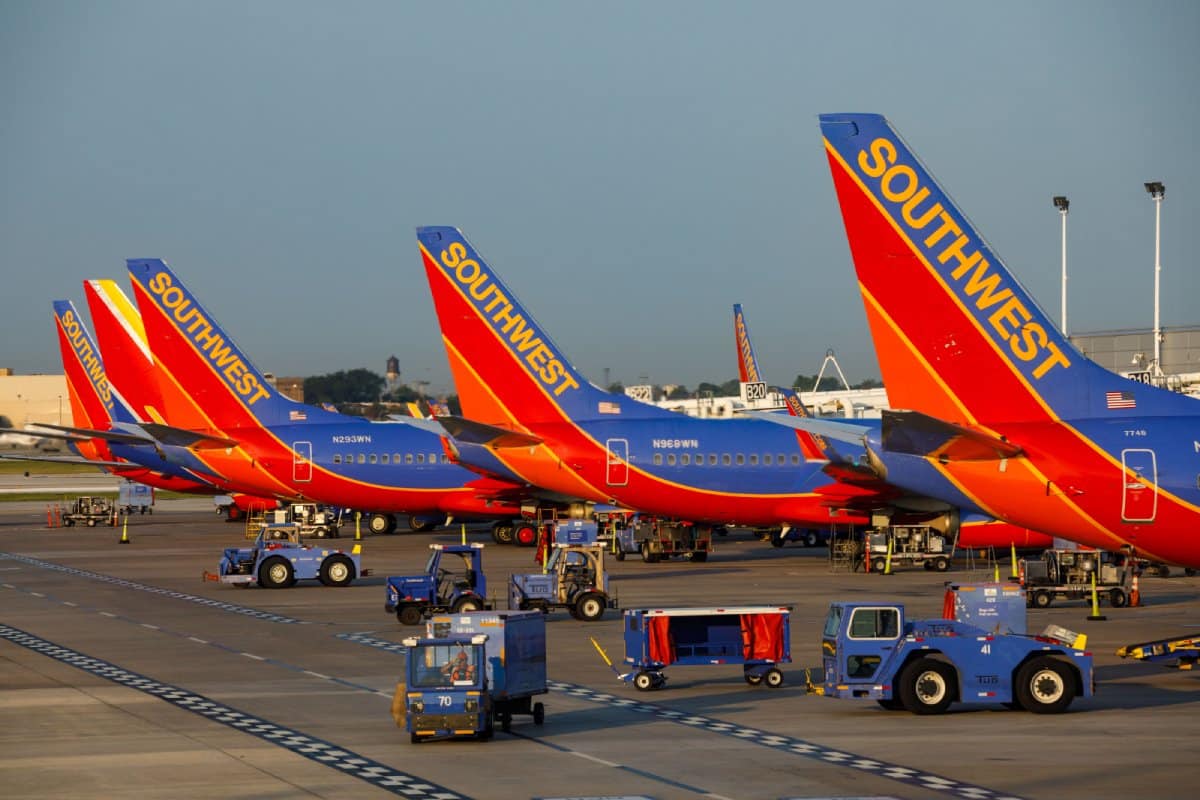Layoffs have hit the aviation industry, as one of the biggest airlines in the U.S., Southwest Airlines, has announced they’re stopping flights out of four major airports.
Layoffs Across Industries
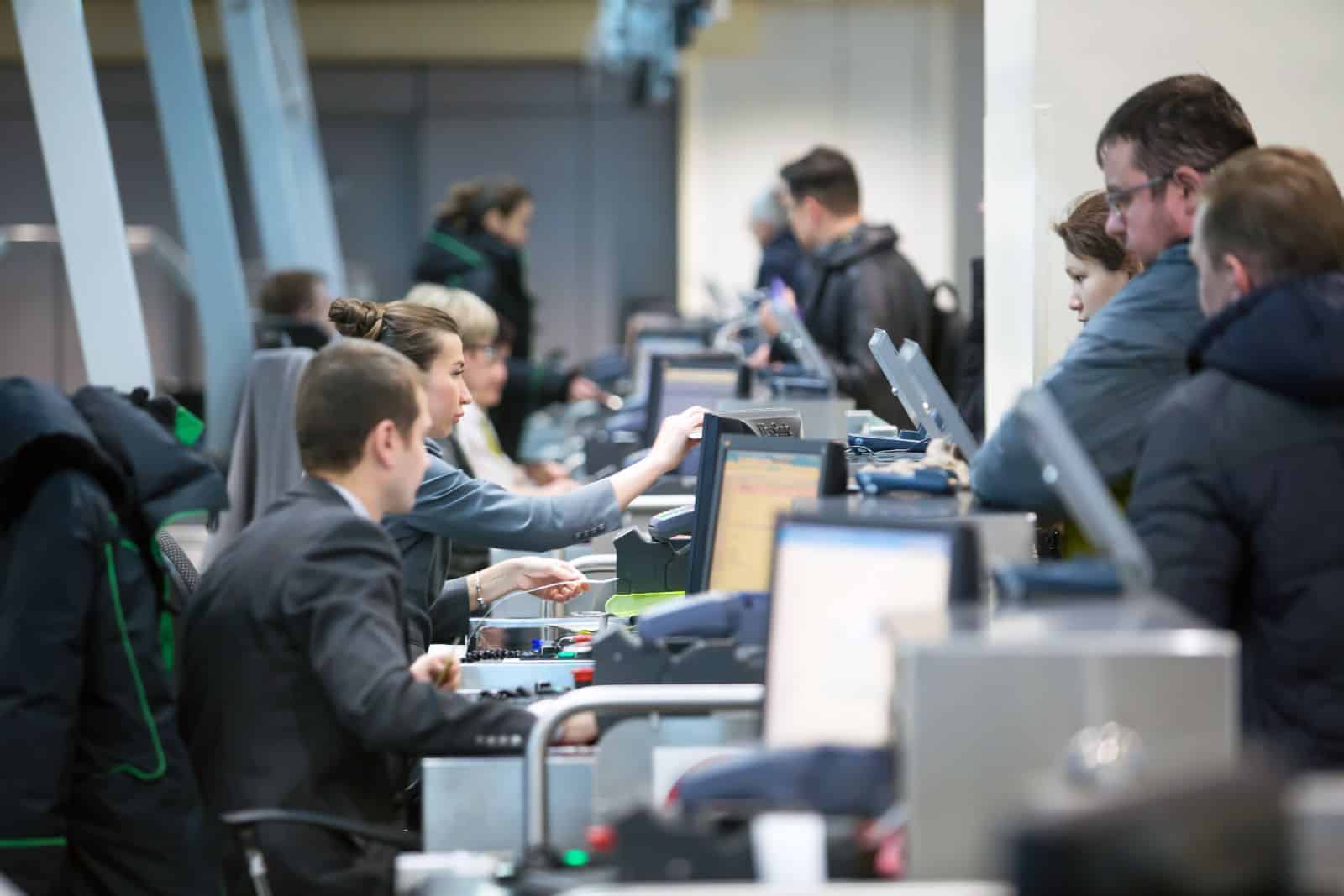
With a growing spate of layoffs occurring across the nation – primarily in tech and production – it wasn’t going to be long before they started hitting other industries.
Discontinuing Operations at Four Airports
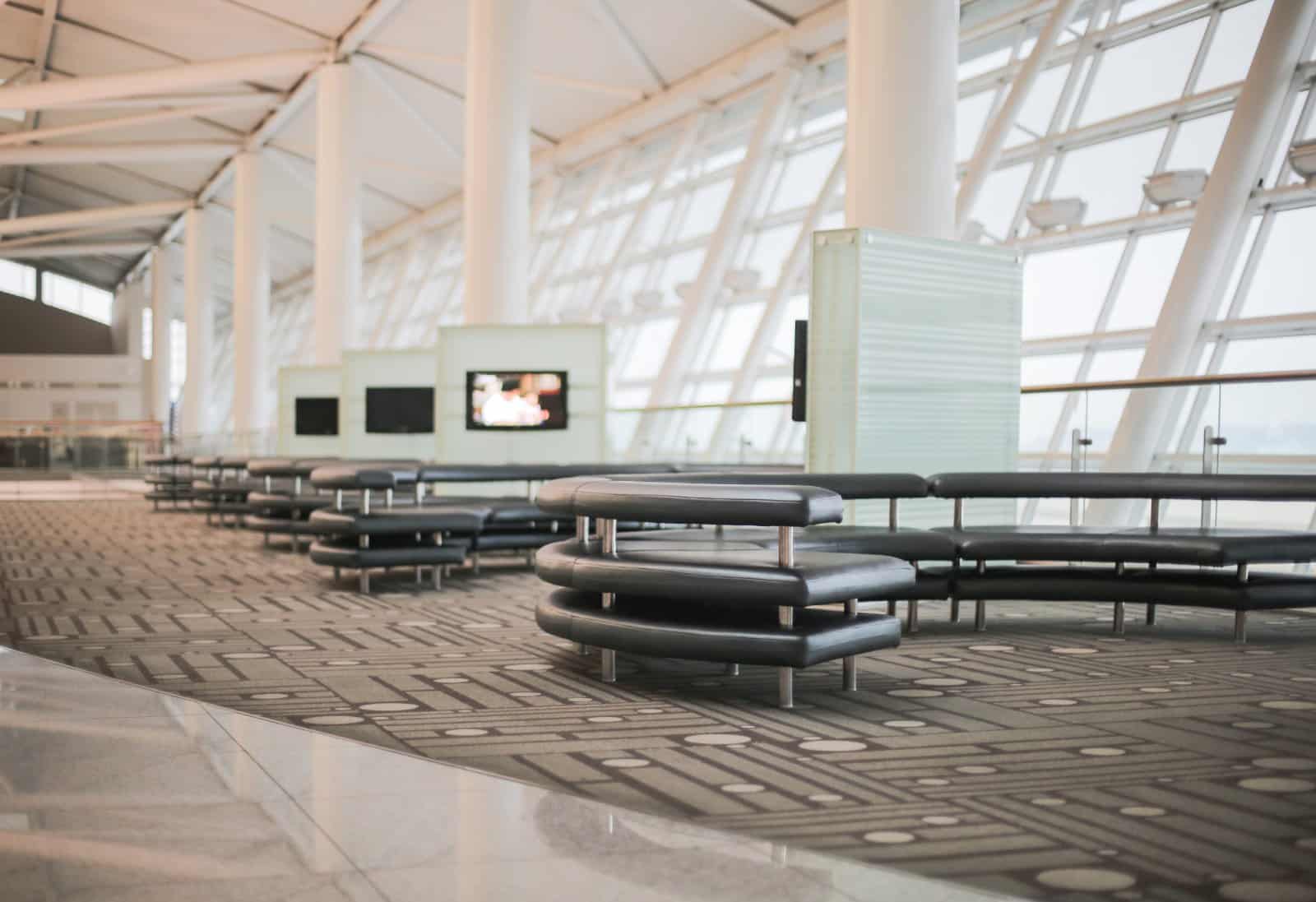
Now, with the announcement by Southwest Airlines that they will no longer operate out of four busy airports, thousands more jobs have been lost.
Airports Affected by Southwest’s Decision

Southwest will no longer be flying from Bellingham International Airport in Washington state, Syracuse Hancock International Airport in New York, George Bush Intercontinental Airport in Houston, and Cozumel International Airport in Mexico.
Southwest’s First Quarter Reports

The announcement comes following Southwest’s first quarter reports, which revealed the airline had made net losses of $218 million – up from the $163 million losses they made in Q1 2023. That’s a loss of $0.36 a share – although experts had anticipated a loss of around $0.34.
Stock Market Response

Now, Southwest’s shares are down around 8%.
Factors Contributing to Southwest’s Financial Challenges

Despite the company reporting record levels of revenue – $6.3 billion in total, up 11% from 2023 – they are still operating at a loss – due to rising costs and delays in aircraft deliveries from Boeing.
Boeing Delays and Operational Challenges
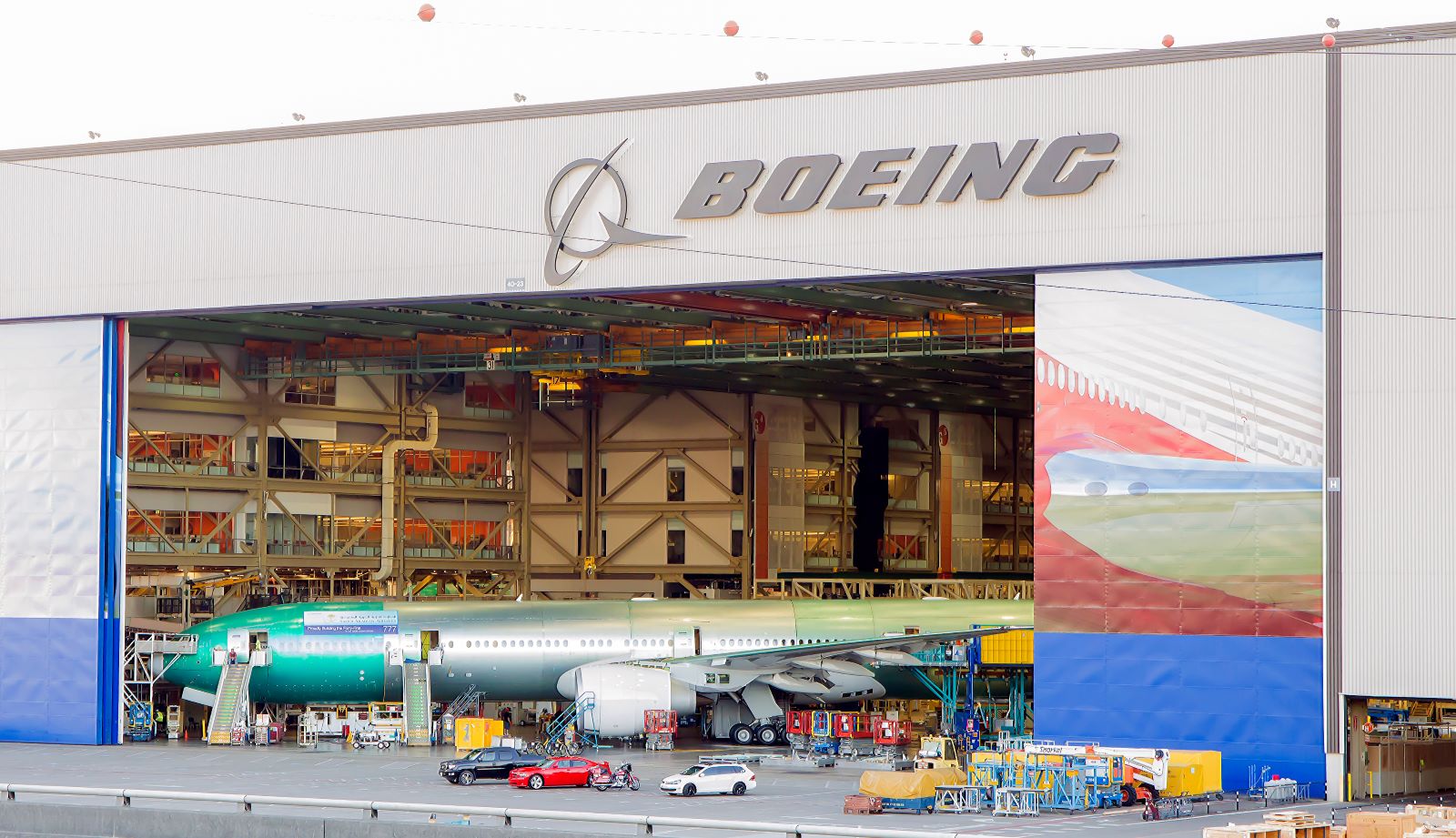
The revenue shows that there’s a clear demand for flights, and the company is operating healthily, although the losses are likely to have scared stockholders and those higher up in the company.
CEO’s Statement

In a statement, Southwest’s CEO Bob Jordan explained, “The recent news from Boeing regarding further aircraft delivery delays presents significant challenges for both 2024 and 2025. We are reacting and replanning quickly to mitigate the operational and financial impacts while maintaining dependable and reliable flight schedules for our Customers.”
Cost-Saving Measures

Their choice to cut four airports from their operations is a cost-saving initiative with the aim of improving Southwest’s financial results.
Impact on Employees
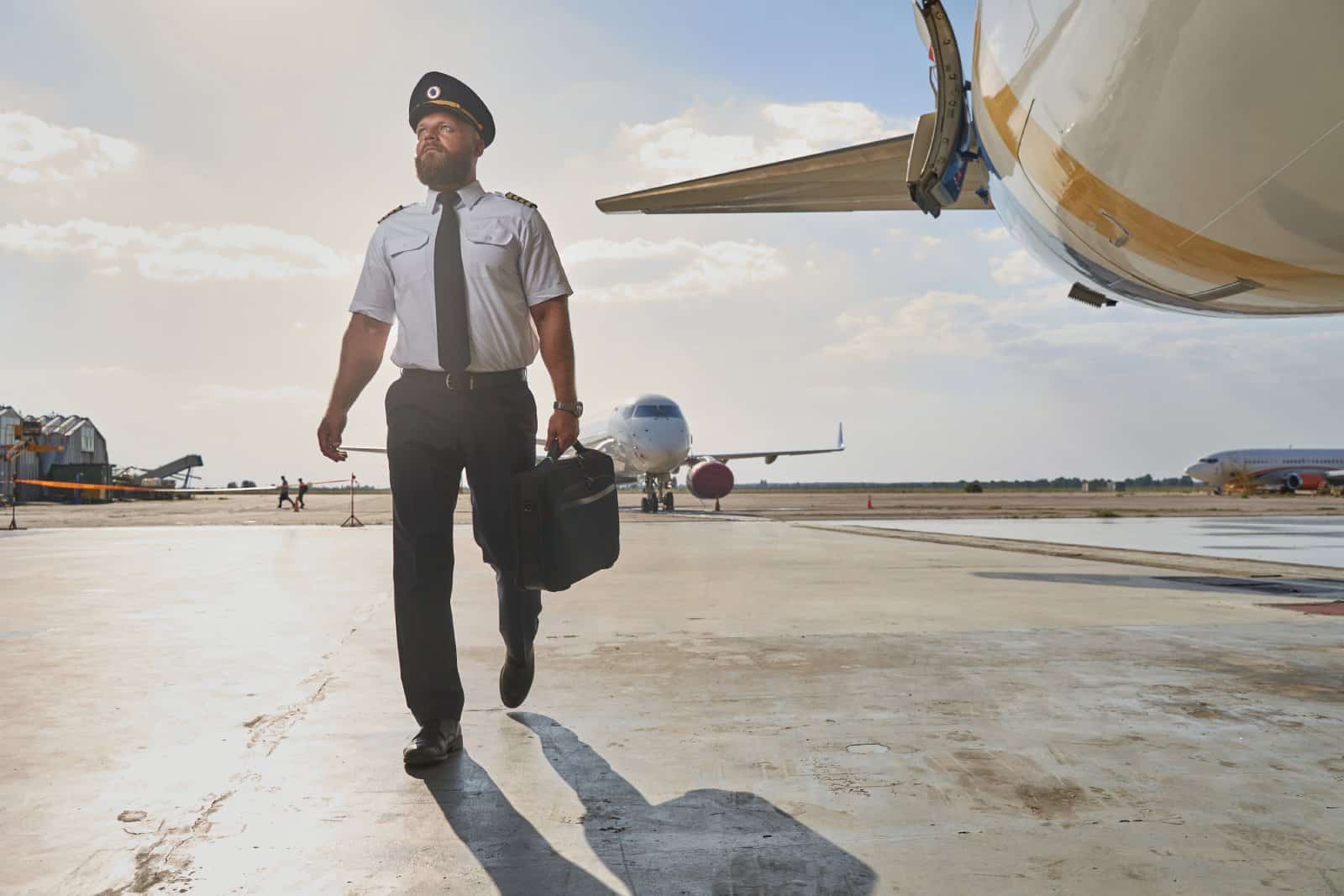
Part of their cost-cutting measures involves asking pilots and other employees to take voluntary leave without pay and to freeze hiring new pilots.
Job Losses and Missing Planes
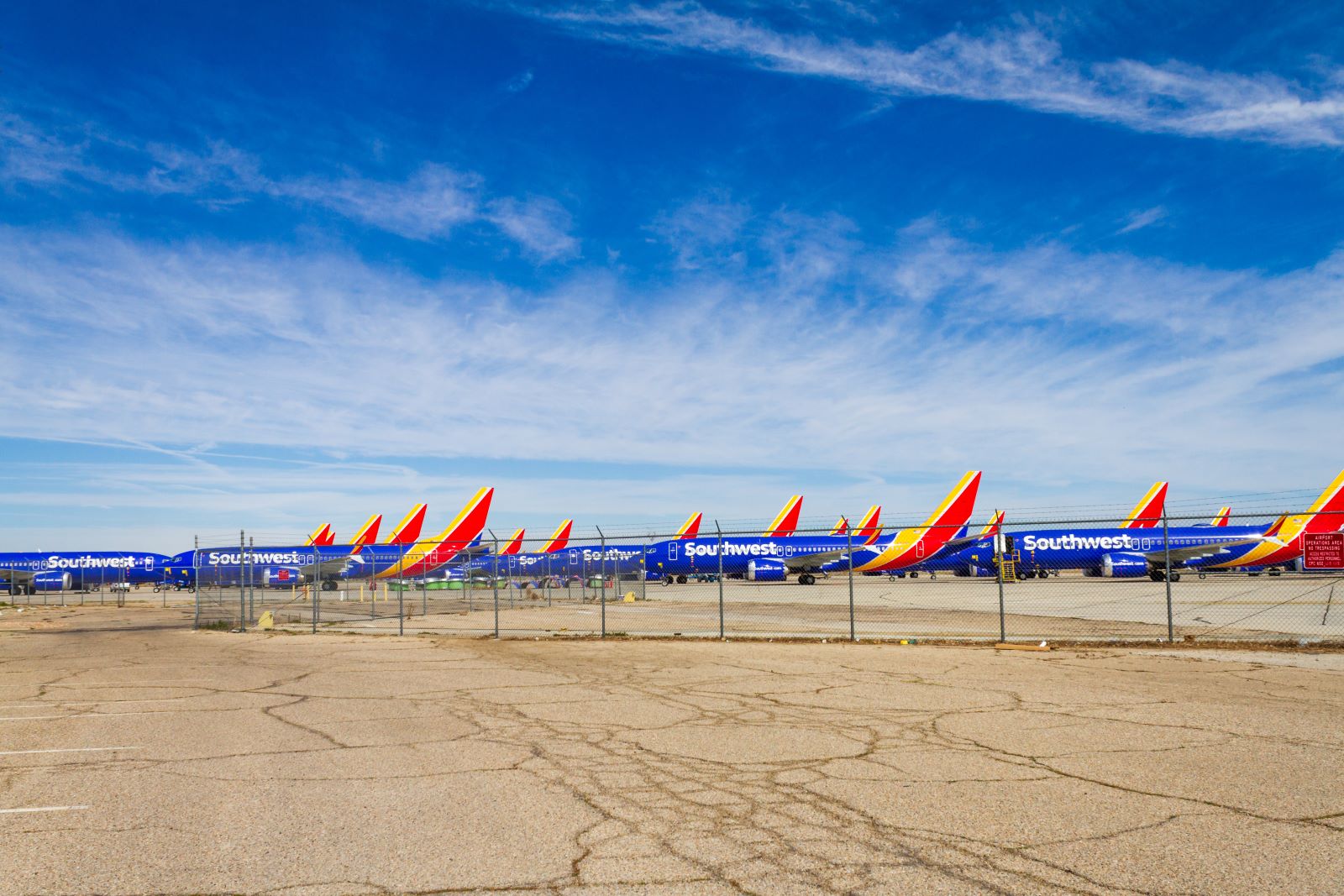
Two thousand employees are predicted to lose their jobs, and it’s understood that the airline will only receive 20 new aircraft this year – a far cry from the 79 they had been promised at the start of the year.
Boeing’s Safety Scandal

Boeing has been involved in a safety scandal after a cabin door blew off mid-flight on one of its Boeing 737 MAX 9s.
Caps on Boeing’s Production
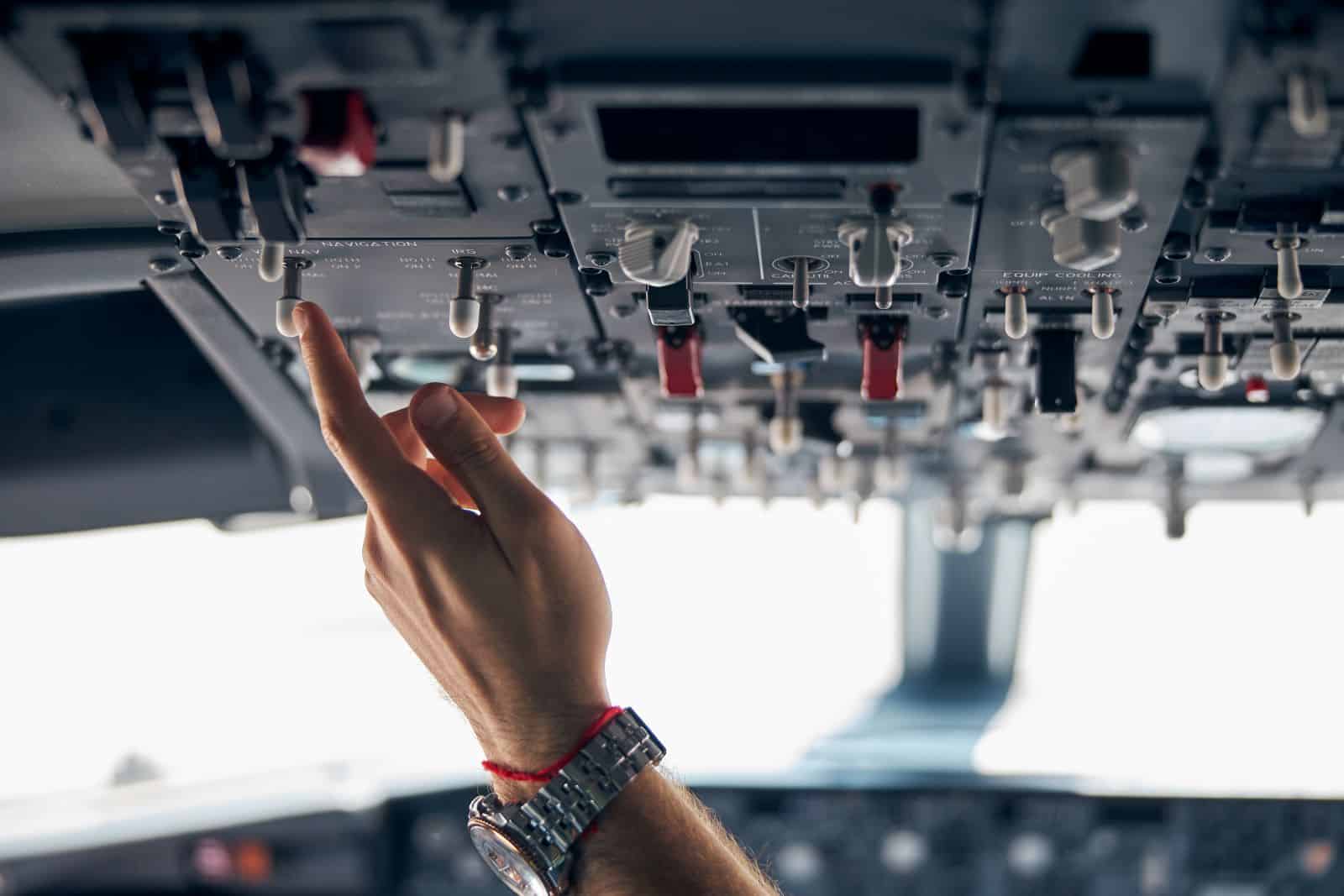
Shortly after that incident, regulators put a cap on Boeing’s Max 9 production and grounded Max 9s across the country, which initially caused delays and pushed back production slightly.
Regulators’ Involvement
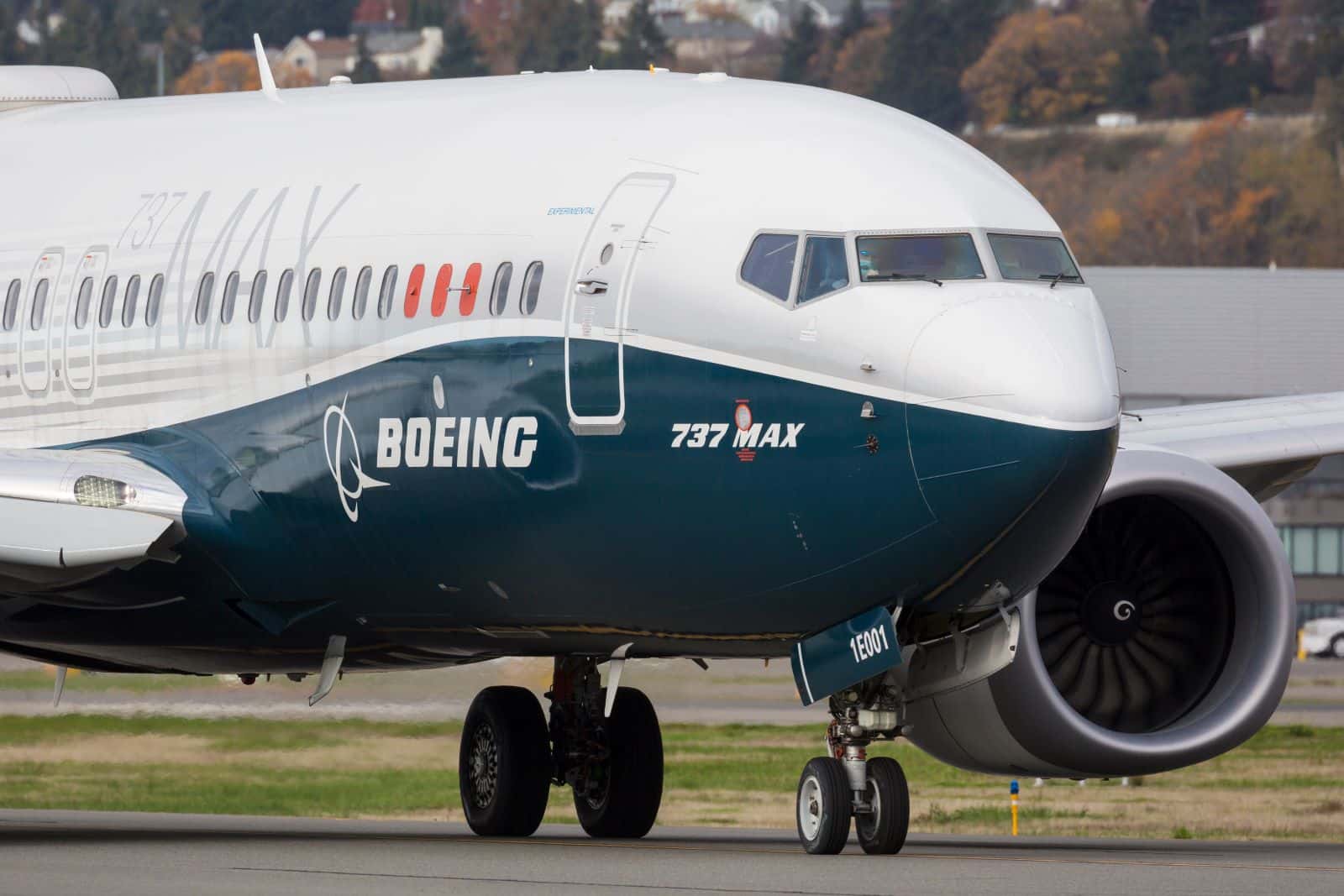
Since then, however, regulators have been stepping up factory checks, and Boeing has had to delay the certification of two new models of the 737 – the Max 7 and the Max 10 – until 2025. All of this has further slowed production.
Boeing’s Slowdown

Earlier this month, Reuters reported that Boeing was having trouble meeting the cap of 38 jets per month set by regulators. In late March, Boeing’s output was apparently as low as single digits.
Ripple Effects on The Aviation Industry
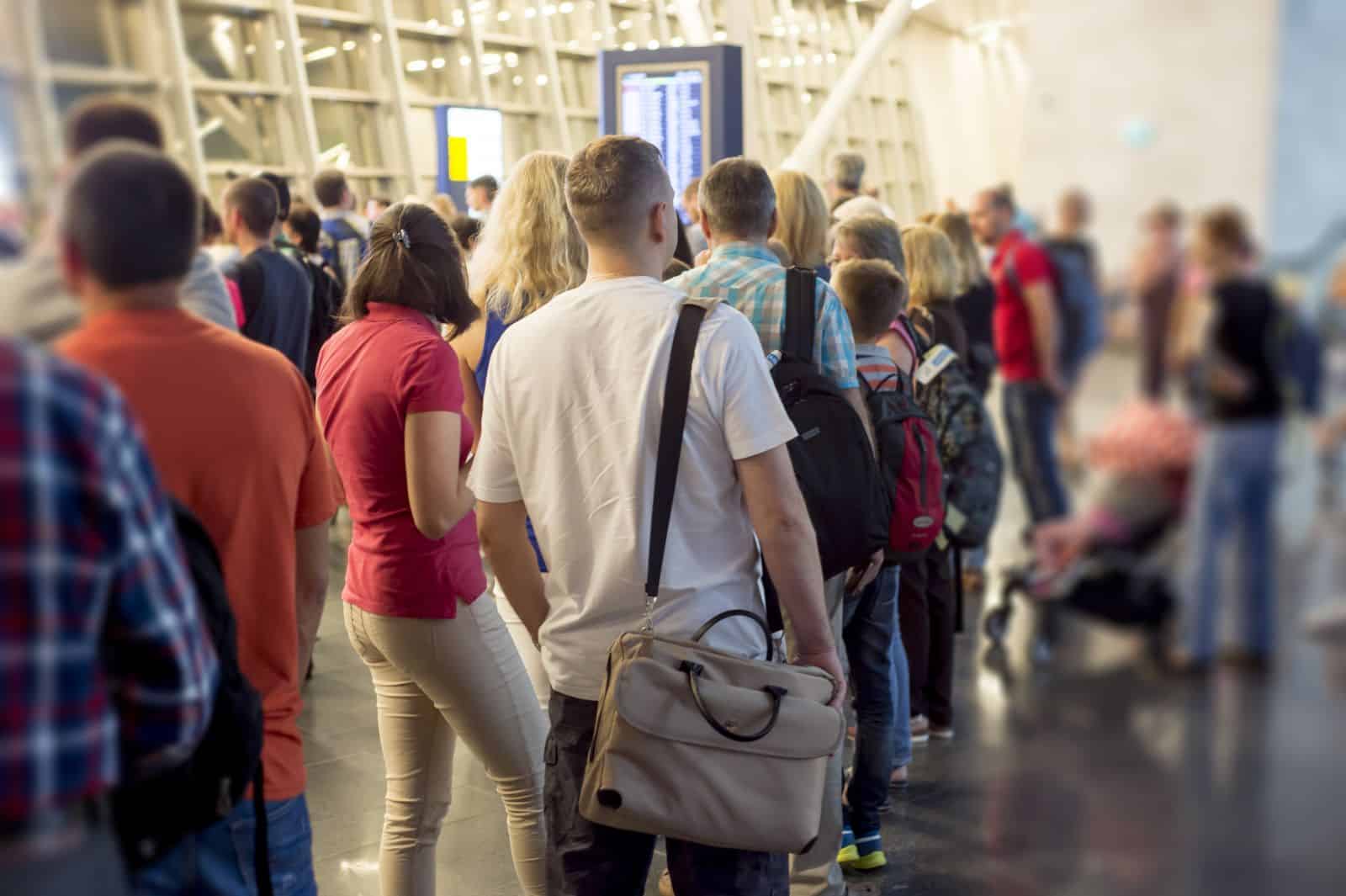
The ripple effects from Boeing’s slowdown in production are slowly reaching the aviation industry – making it harder for airlines to keep up with customer’s demands. That, as well as an aging aircraft population, is making things tougher and tougher for airlines.
Southwest’s Fleet

Southwest has been hit particularly badly as its fleet is entirely Boeing-made. Now, they are forecasting their capacity will increase by 4% this year, down from their earlier estimates of 6% – meaning costs will rise.
Southwest’s Fleet Plans

To make up for the plane shortage, Southwest will retire fewer planes this year – just 35 instead of the previously planned 49. This means Southwest’s fleet will have around 802 Boeing 737 planes by year-end.
Southwest’s Approach

Southwest said they are beginning company-wide cost control initiatives and trying to enhance productivity.
Southwest’s Response to Financial Challenges

In his statement, Bob Jordan said, “We are focused on controlling what we can control and have already taken swift action to address our financial underperformance and adjust for revised aircraft delivery expectations.”
Potential Changes in Services

Experts have claimed that these cost-control initiatives may mean that Southwest changes its open seating plan, where on-boarding passengers get to choose their own seat at no extra cost. It’s currently a simple and affordable affair partly based on who checks in at the airport first and if you have paid to move further up the line.
Southwest’s Strategies
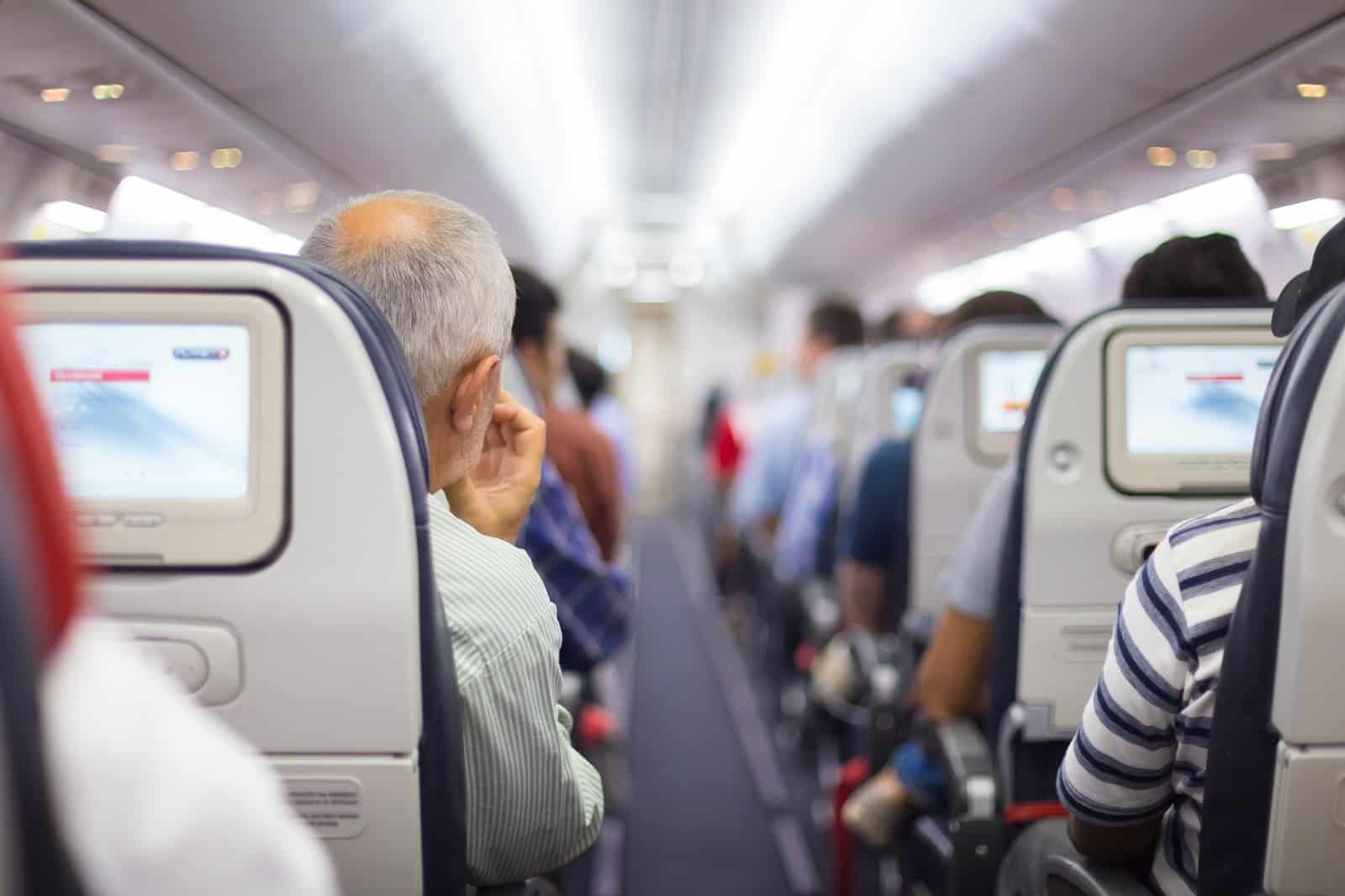
“We’re looking into new initiatives, things like the way we seat and board our aircraft,” Jordan said in an interview with CNBC.
The post – Layoffs and Service Cuts as Southwest Exits Four Major Airports – first appeared on Minted Pockets.
Featured Image Credit: Shutterstock / John Gress Media Inc.
The content of this article is for informational purposes only and does not constitute or replace professional financial advice.

